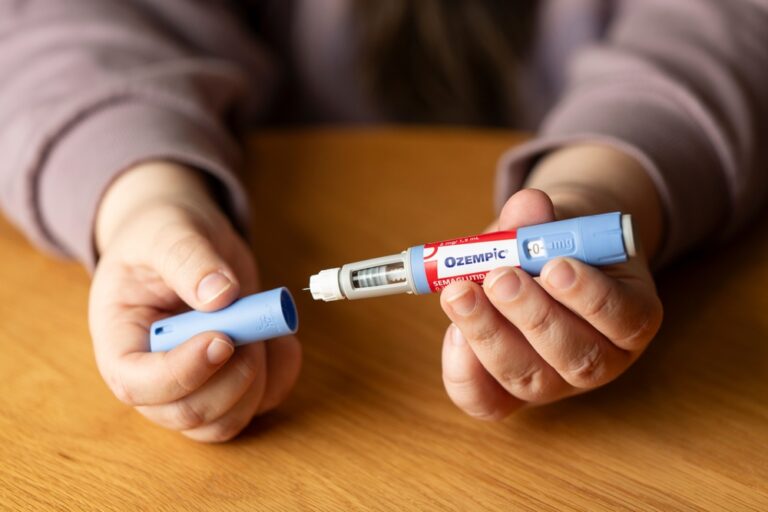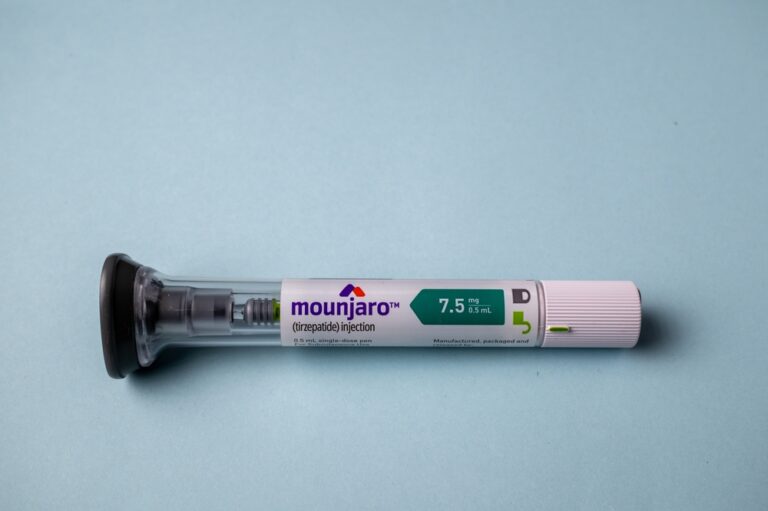Is Belly Fat Dangerous? Unveiling the Truth for Men’s Health
In our bodies, two distinct types of fat take residence, each with a different location and impact on health: subcutaneous fat and visceral fat. Subcutaneous fat, constituting 90% of body fat, rests under the skin. The remaining 10% forms visceral fat, found deeper within, nestled behind abdominal muscles and encircling organs like the intestines and liver. This intra abdominal fat, often termed visceral fat, holds long-standing associations with serious health risks.
Visceral Fat: A Source of Harmful Compounds
The conventional belief that fat cells passively store energy for the body’s use has evolved. Research exposes fat cells’ biological activity; they behave as an endocrine organ, secreting hormones and molecules. Visceral fat’s activity induces inflammation, significantly linked to metabolic disease, insulin resistance, and an escalated mortality risk, even among men of healthy body weight.
Storage of fat in the body hinges on genetics, hormones, diet, exercise habits, and stress levels. Consuming sugary products, high-fructose corn syrup, excessive fruit juices, more than two alcoholic drinks daily, insufficient protein, and inadequate fiber encourages visceral fat buildup. Sedentary lifestyle, stress, and poor sleep further contribute to its accumulation.
Hormones and Male Belly Fat
In men, maintaining healthy fat distribution requires sufficient testosterone levels. Yet, research indicates that visceral fat presence can hinder testosterone production, intensifying belly fat storage. This surplus belly fat not only diminishes testosterone production but also elevates the female hormone estradiol in men. Whether age-related testosterone decline disrupts production or fat accumulation causes lower testosterone levels remains uncertain. Regardless, reducing visceral fat through lifestyle adjustments benefits men’s overall health.
Spotting Dangerous Belly Fat
While MRI or CT scans provide the most accurate assessment of visceral fat, a simple method at home involves calculating the waist-to-hip ratio. Divide waist measurement by hip measurement: for instance, if waist measures 56 inches and hips measure 45 inches, the ratio is 1.2. A waist-to-hip ratio exceeding 0.95 in men and 0.85 in women notably heightens heart attack or stroke risk. A higher waist measurement, above 40 inches in men and 35 inches in women, signifies an unhealthy visceral fat accumulation and amplified health risks.
Trimming Excess Visceral Fat
Lifestyle habits underpin excess visceral fat, making behavior modifications pivotal to its reduction and averting associated diseases. Unlike subcutaneous fat, visceral fat responds better to dietary and exercise adjustments.
Incorporating 30 minutes of moderate physical activity most days can help lower visceral fat and potentially increase lean muscle mass. This can include aerobic exercises like walking and strength training with weights. Aligning a more balanced diet with regular exercise accelerates belly fat loss and enhances other heart risk factors. Minimizing sugar from processed foods while consuming more fruits and vegetables effectively reduces perilous organ-surrounding fat. Quitting smoking, sleeping over 5 hours a night, and managing mental stress also reduce belly fat accumulation in men.
By reshaping lifestyle choices, men can actively tackle visceral fat, fostering improved health outcomes.
Take our eligibility test to find out if cloudcure is right for you.









